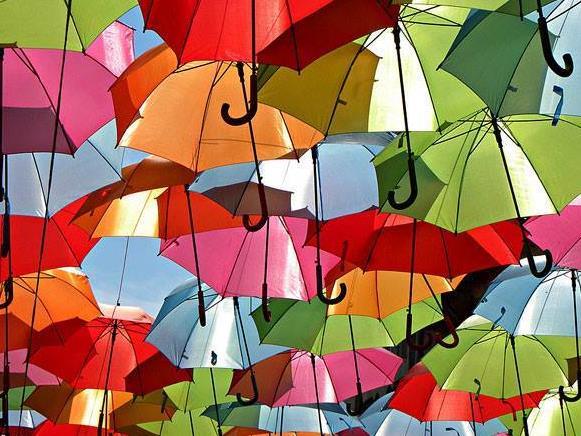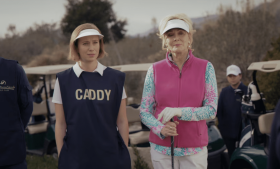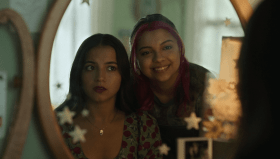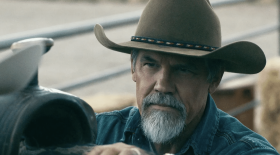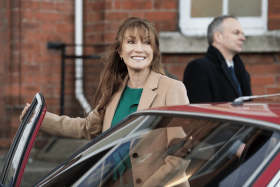Image: www.daily-art.com
The skills
People with creative arts experience often exhibit some or all of the following 10 attributes:
- Courage to try new things and risk failure leading to implementable innovations
- Interest in challenging the status quo to expand the boundaries of what is possible by asking questions such as: “what if?” and “why not?”
- Enjoyment in finding solutions to challenging problems as they love opportunities for ongoing growth and learning
- Skill at pattern recognition and making connections between old ideas to produce new insights.
- High intuition that assists in decision making and produces new ideas
- Ability to express their unique voice, to be authentic and be willing to share what they feel and think
- Getting on well with a diverse range of people leading to greater idea generation and innovation
- Motivation by a task rather than by money and other material rewards as compared to others, because they have been committed to a creative process over many years.
- Persuasiveness, learned from promoting their own creative work
- Willingness to test new ideas and compete with others based on results.
These qualities are increasingly in demand in the business world.
But various studies show that highly creative people are not always equally practical and performance oriented and are often not great team players. Highly creative people have also been shown to exhibit low emotional stability and may have a tendency not to be very considerate, are obstinate and find faults and flaws in ideas and people.
The differences
Creative people in the arts often have agents and managers who book all or most of their work engagements and who will help develop, market and promote the career of the artist over a period of many years.
An entrepreneur usually starts with a blank canvas and creates their enterprise through their own ingenuity, talents, networks and endless persistence. Entrepreneurs are highly creative but also have to use the left logical side of the brain to plan, strategise, problem solve and organise and project manage their venture to ensure it becomes successful and remains sustainable over time. Or, if they are really clever and lucky, they might sell it for a lot of money to the highest bidder!
Where it works
In my own life the experience and skills I have gained from an ongoing performing career has been immensely helpful to set up and grow my commercial enterprises Creative Universe, Creative Innovation Global, Pot-Pourri and MTA Entertainment & Events and the 2 charities I have founded – The Song Room and Creativity Australia.
There are also numerous examples of other creative people, especially singers and musicians, who have set up great arts, leadership and other very commercial businesses across a range of sectors. I believe singers are especially fortunate as singing does change your brain. The neuroscience research around singing shows that singing releases important hormones such as oxytocin (responsible for pleasure, love and bonding) and helps connect up the neural pathways of the right and left hemispheres of the brain. Singing has been shown to improve learning, language, concentration, communication and a whole host of other skills, as well as having major effects on positive mood and resilience. (More information at my recent TEDTalk: How singing together changes the brain.)
Selling your creative strengths in the job market
Artists in the job market need to sell the attributes they gain from their creativity rather than just creative arts experience as a package. Show how your creative strengths, skills and experience you exhibit which will benefit the specific organisations you wish to work for.
Sweden, Singapore and Canada have significant creative innovation strategies which are driving their growth. Australia can build a productive, sustainable economy through creativity and innovation but we are lagging behind. We need to improve our competency and capacity to innovate.
Creativity in business is increasingly valued
The development of people who can imagine and create innovative new solutions is the key to future success and sustainability. A recent IBM CEO Global Study, which surveyed 1500 CEOs, identified creativity as the most important leadership attribute in an increasingly complex, disruptive and uncertain global environment.
Disruption, caused by new business models associated with the internet, technology and globalisation is probably the greatest threat organisations will face within the next 5 years. Virtually every business and institution is threatened and yet disruption can also provide extraordinary opportunities for sustainable growth.
We must find the great and small ideas, opportunities and human energy to create our future success. We have to maintain our commitment to creativity, innovation and growth even as we leave behind established business and market models that have served us so well in the past. We need to be willing, able and brave enough to lead the way into a new world.
